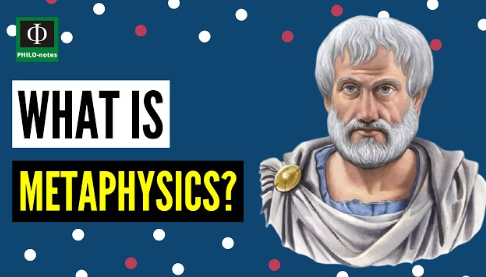Philosophy Isn’t What it Once Was

Metaphysics is defined as “the branch of philosophy that deals with the first principles of things, including abstract concepts such as being, knowing, substance, cause, identity, time, and space.” All this sounds fine, until we consider that most of these ideas are now more properly the domain of science.
Yes, Kant told us that “space and time are forms of our intuition,” but in the 21st Century, we’re more likely to answer questions on this subject via references to Einstein or Schoedinger.
Aristotle, one of the most important early metaphysicians, explained that “to be is to be a substance,” but nowadays, if we want to understand the fundamental building blocks of the universe, we turn to theoretical physicists like Feynman or Hawking.
The subject of “knowing” is part of metaphysics, or, more properly, of what is called “epistemology.” Yet again, those of us who are interested in how the mind interacts with the outside world are more likely to consult a neuroscientist than a metaphysician.
For better or for worse, the heyday of philosophy seems to be behind us.

